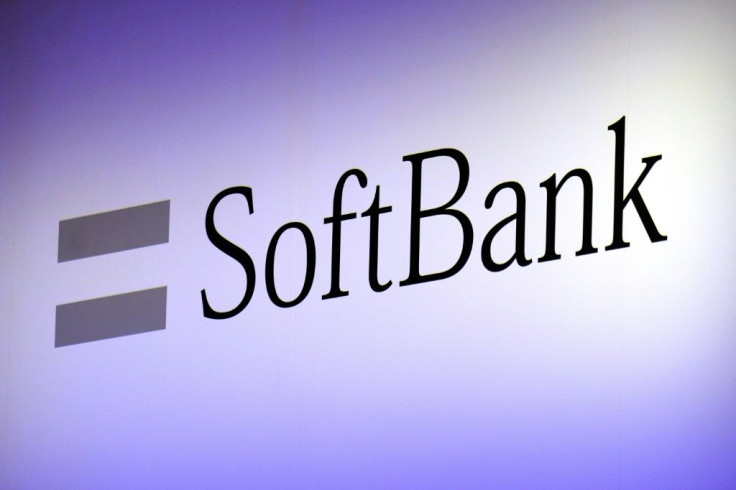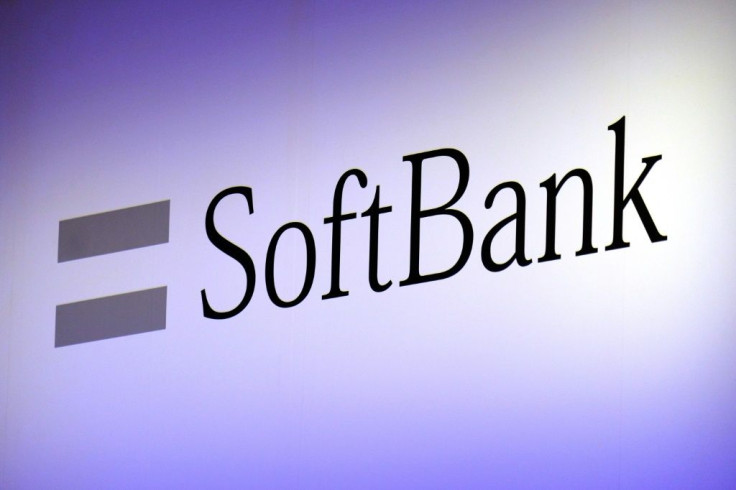Japanese Giant SoftBank Group Suffered An Operating Loss Of $6.4 Billion In The Second Quarter, It Said Wednesday, As Investments In Start-ups Such As WeWork And Uber Took A Massive Hit.

Japanese giant SoftBank Group said Wednesday it suffered an operating loss of $6.4 billion in the second quarter, the worst in its history, as it took a hit from investments in start-ups including WeWork and Uber.
The eye-watering results follow a turbulent period for the firm and led CEO Masayoshi Son to admit regret over errors as he faces criticism over his commitment to start-ups some say are overvalued and lack clear profit models.
In the three-month period ending September 30, operating losses hit a whopping 704.4 billion yen ($6.4 billion), worse than many analysts had expected.
Speaking shortly after the earnings were released, Son said: "This is the biggest quarterly loss we have seen since our founding."
"My investment decisions were in many ways poor. I regret them deeply."
But he defended his overall strategy, including continuing to plough funds into troubled office-sharing start-up WeWork, and insisted shareholder value continues to increase.
"This is not a storm. Only small waves in a normal time," he said.
"There is no change to our vision, no change to our strategy. We will move ahead."
The firm said first-half operating losses from its Vision Fund and Delta Fund came to 572.6 billion yen, largely "due to a decrease in the fair values of investments including Uber and WeWork and its three affiliates".
Overall, net profit in April-September sank 49.8 percent to 421.6 billion yen on an operating loss of 15.6 billion yen.
But some analysts said the results were "not so desperately bad".
"How you react to these three-month figures would depend on your investment style, whether you trade over short periods of time or invest for the longer term," Seiichi Suzuki, senior market analyst at Tokai Tokyo Research Institute, told AFP.
"It's difficult to make a quick verdict on its business model."
The company did not publish its outlook for the year to March 2020, but there is uncertainty ahead as shares in its key investments such as Uber and Slack continue to slide.
Last month, SoftBank confirmed that it was injecting billions of dollars into WeWork, once hailed as a shining unicorn and valued at $47 billion at the start of the year.

The start-up has gone from an investor darling to cancelling its IPO and seeing its co-founder Adam Neumann pushed out, albeit with a reported package of more than $1.5 billion.
Son insisted the firm was not a "sinking ship", but acknowledged he had "learned a lot" from the turmoil.
"I want to make it clear. Firms that accept SoftBank's investments must be self-sustaining. We do not make investments for the purpose of rescuing companies," he said.
"Regarding WeWork... This will remain an exception. I want to make it clear."
Under the agreement announced last month, SoftBank will pump a total of $9.5 billion into WeWork.
It will increase its stake in the firm from 29 percent to around 80 percent, and put top executive Marcelo Claure in place as executive chairman of the board.
WeWork, which launched in 2010, has touted its model as revolutionising commercial real estate by offering shared, flexible workspace arrangements, with operations in 111 cities in 29 countries.
In some cities, it is one of the major landlords, but its model of offering flexible, short-term leases is viewed by some as less of a selling point and more of a liability for investors.
It is also haemorrhaging money, with sources saying it must raise at least $3 billion to cover its financing needs through the end of the year.
To cut costs, Son said WeWork would stop construction of new buildings and sell businesses unrelated to the main office-sharing model.
Bloomberg reported Wednesday that the start-up was considering giving up office floors in at least six Hong Kong locations.
SoftBank has taken stakes in some of Silicon Valley's hottest start-ups through its $100 billion Vision Fund.
In July, the firm announced its long-mooted Vision Fund 2, again targeting funds of around $100 billion, but investors have been slower to commit.
And in recent months, Son's once-vaunted investment strategy has been questioned, with the disappointing IPO in May of Uber -- one of its marquee names -- only compounding the criticism.
hih-mis/qan
© Copyright AFP 2024. All rights reserved.





















